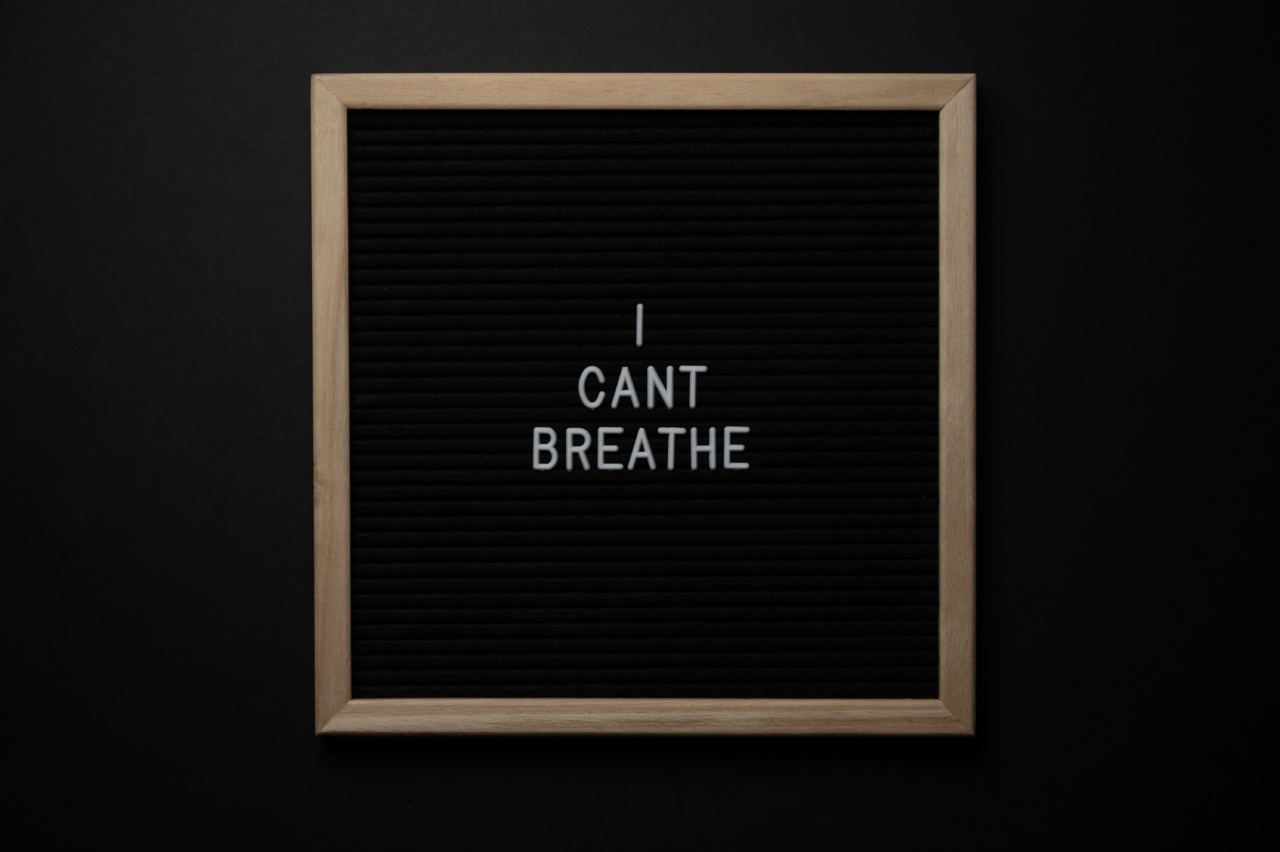Depression is a prevalent and complex mental health condition affecting millions of individuals worldwide. It can disrupt a person’s daily life, impairing their ability to function effectively at work, school, or in personal relationships.
Often characterized by persistent sadness, lethargy, and a lack of interest in activities, depression can significantly impact a person’s overall well-being and quality of life.
Traditionally, depression has been primarily attributed to chemical imbalances in the brain, specifically relating to neurotransmitters like serotonin, dopamine, and norepinephrine.
Consequently, pharmacological treatments such as selective serotonin reuptake inhibitors (SSRIs) have become the go-to solution for healthcare providers.
The Inflammation-Depression Connection
However, recent research has begun to shed light on the potential role of inflammation in depression. Inflammation is a normal physiological response that occurs as part of the body’s immune system.
When the body detects injury or infection, it activates an inflammatory response to protect and repair the affected tissues.
While acute inflammation is a necessary and beneficial process, chronic inflammation can be detrimental to both physical and mental health.
Several studies have found a correlation between increased levels of inflammation markers (such as C-reactive protein) and the development of depression. Inflammation in the brain can disrupt the delicate balance of neurotransmitters and alter neural circuits associated with mood regulation.
Treatments Centered on Inflammation Response
Recognizing the potential link between inflammation and depression, researchers and healthcare providers have started exploring various treatment approaches that target inflammation in individuals with depressive symptoms.
These treatments aim to alleviate depression by addressing the underlying inflammatory processes.
Lifestyle Changes
One way to combat inflammation and reduce depressive symptoms is through lifestyle changes. Engaging in regular exercise, maintaining a healthy and balanced diet, and getting sufficient sleep can help reduce inflammation throughout the body.
Exercise, in particular, has been shown to have anti-inflammatory effects and can release endorphins, which are natural mood-enhancers.
Dietary Interventions
Adopting an anti-inflammatory diet can also be beneficial in managing depression.
Such a diet includes foods rich in omega-3 fatty acids (e.g., fatty fish, walnuts, flaxseeds), antioxidants (e.g., fruits, vegetables, green tea), and probiotics (e.g., yogurt, kefir). These nutrients have anti-inflammatory properties and may help modulate the immune system and reduce inflammation.
Supplements and Nutritional Support
In addition to dietary changes, specific supplements and nutritional interventions can be used to reduce inflammation.
For instance, omega-3 fatty acid supplements, curcumin (found in turmeric), and N-acetylcysteine (an amino acid) have shown promise in studies as potential anti-inflammatory agents in the treatment of depression.
Anti-inflammatory Medications
Anti-inflammatory medications, such as nonsteroidal anti-inflammatory drugs (NSAIDs), have also been investigated as potential adjunctive treatments for depression.
While NSAIDs can help reduce inflammation, they are not without side effects and should be used under medical supervision.
Psychotherapy and Mind-Body Techniques
Psychotherapy, particularly cognitive-behavioral therapy (CBT), remains a crucial component in the treatment of depression.
However, incorporating mind-body techniques such as mindfulness-based stress reduction (MBSR) and yoga can provide additional benefits by reducing inflammation and enhancing overall well-being.
Stress Reduction and Improved Sleep
Chronic stress and inadequate sleep can contribute to inflammation and worsen depressive symptoms. Therefore, stress reduction techniques, such as meditation, deep breathing exercises, and relaxation techniques, can be highly beneficial.
Additionally, improving sleep hygiene by establishing regular sleep patterns and creating a calming bedtime routine is essential for both inflammation and mental health.
The Role of Medical Professionals
While the treatment approaches mentioned above hold potential in reducing inflammation and managing depressive symptoms, it is crucial to consult with qualified healthcare professionals for an accurate diagnosis and personalized treatment plan.
Medical professionals can determine the appropriate course of action based on an individual’s unique circumstances, ensuring that any potential risks or contraindications are adequately addressed.
Conclusion
Depression is a complex condition influenced by various factors, including inflammation.
The emerging understanding of the inflammation-depression connection has opened doors to alternative treatment approaches that focus on reducing inflammation in the body. From lifestyle changes to dietary interventions, and supplements to psychotherapy, these treatments centered on the inflammation response show promise in enhancing mental health and improving overall well-being.































